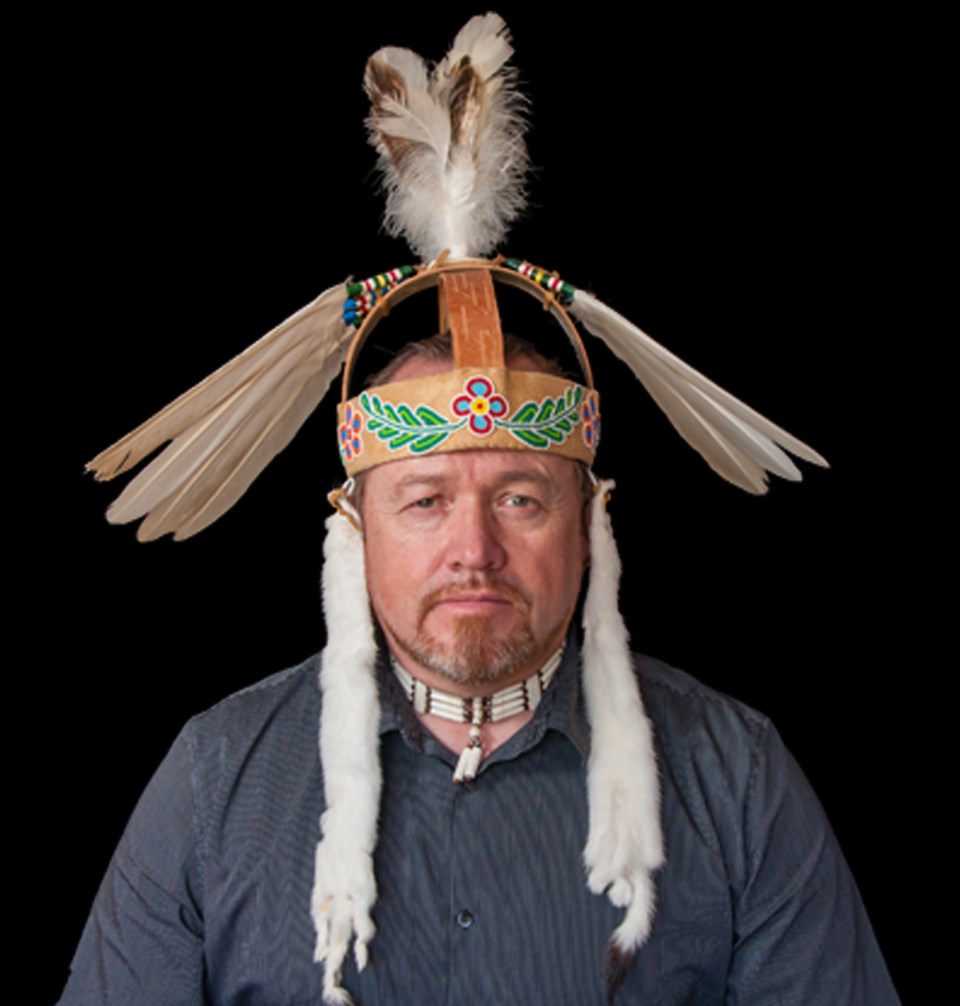Nipissing First Nation will open at its own pace — while taking cues from the provincial government on certain matters, such as education and childcare.
This from Chief Scott McLeod, who says the geography and demographics of NFN played a part in how much was really closed during the COVID-19 pandemic in the first place. McLeod points out truly closing the community is near impossible and NFN focused instead on hygiene and physical distancing messaging.
"Just our geographical situation between North Bay and West Nipissing and the 25 kilometres of Trans-Canada Highway that splits our First Nation, with numerous access points to our villages —it was very logistically challenging for us to be able to effectively do that."
The Chiefs of Ontario recently encouraged First Nations communities in the province to remain closed as health officials braced for a spike in COVID-19 cases as restrictions began to loosen, a recommendation backed by Ontario Regional Chief RoseAnne Archibald.
"I know what the messaging is for," says McLeod of the warnings. "It's for smaller communities, especially the northern communities that don't have a lot of health services in those areas, so it's a very precarious situation for them if they were to get COVID-19 in their community."
And, despite access to health care amenities the distant communities live without, McLeod acknowledges an outbreak in Nipissing First Nation could be devastating — especially for the community's elders, many of whom fall into the demographic for COVID-19 complications, and mortality.
"We reopened our businesses once they met parameters that our health team put in place," says McLeod. Essential services have been scaled back and the Band Office is not open at this time except for a small core team running essential services like the health department, Ontario Works, roads and garbage, it's a very skeleton staff."
McLeod says the plan is to continue this way into June "at the very least," or until there are changes with the health advisories.
"We're governing our community based on the best health and science advice. We're not doing it based on economics," says McLeod in assessing the situation in Ontario as a whole. "But, we also don't have shopping malls or restaurants in the community, so it's a bit different."
NFN has taken extraordinary measures to protect the population, especially when it comes to traditional gatherings with a large attendance. As hosts of the Little NHL tournament in southern Ontario, the decision was, according to the committee "reluctantly but correctly," made to cancel. NFN will try again in 2021 as hosts of the popular March tournament.
McLeod says events such as National Indigenous Peoples Day activities in June and the traditional NFN Pow Wow in September have already been cancelled. He says even meeting to discuss organizing these events proved challenging.
"We follow [Ontario's] lead on certain things like schools and daycares. But, we've been using the same health experts as advisors. For the most part, our governing mimics Ontario's," he says.
Except for campfires, banned by the MNRF until the May long weekend. McLeod says he stood firm on the issue because it was seen as a harmless mental health activity for NFN residents.
"I think we forced their hand. Essentially, they agreed it was not about fire and they lifted the ban less than 48 hours later."
